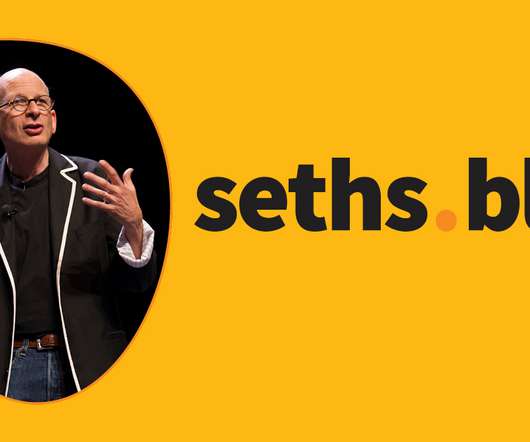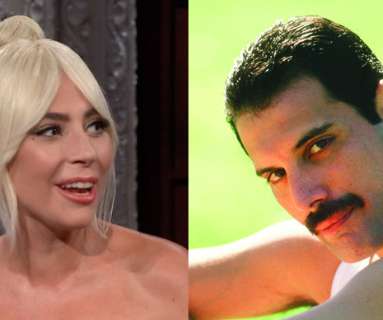Blockchain Could Help Artists Profit More from Their Creative Works
Harvard Business
MARCH 22, 2017
Anyone who follows the cultural industries — art, music, publishing, theater, cinema — knows of the tussles between artists and those who feed off of their talents. His vision is to decentralize the entertainment industry so that creative individuals can profit from the films, videos, games, and art they help to make.


























Let's personalize your content